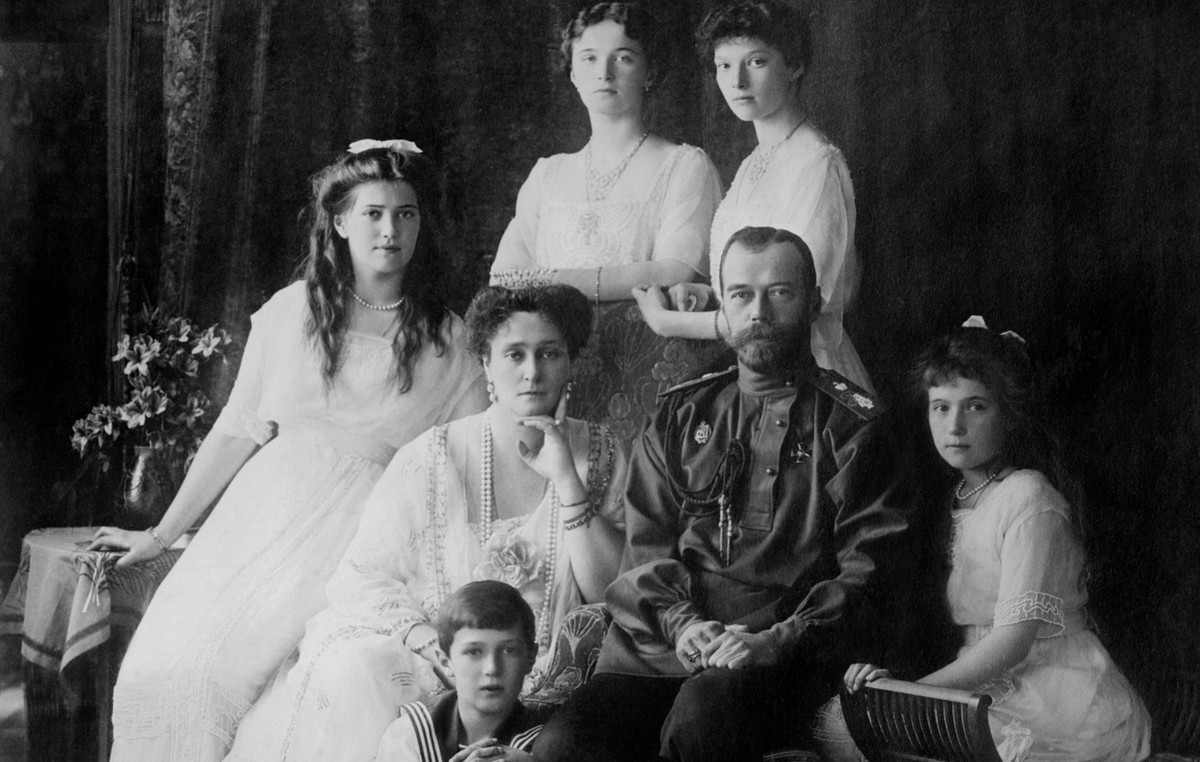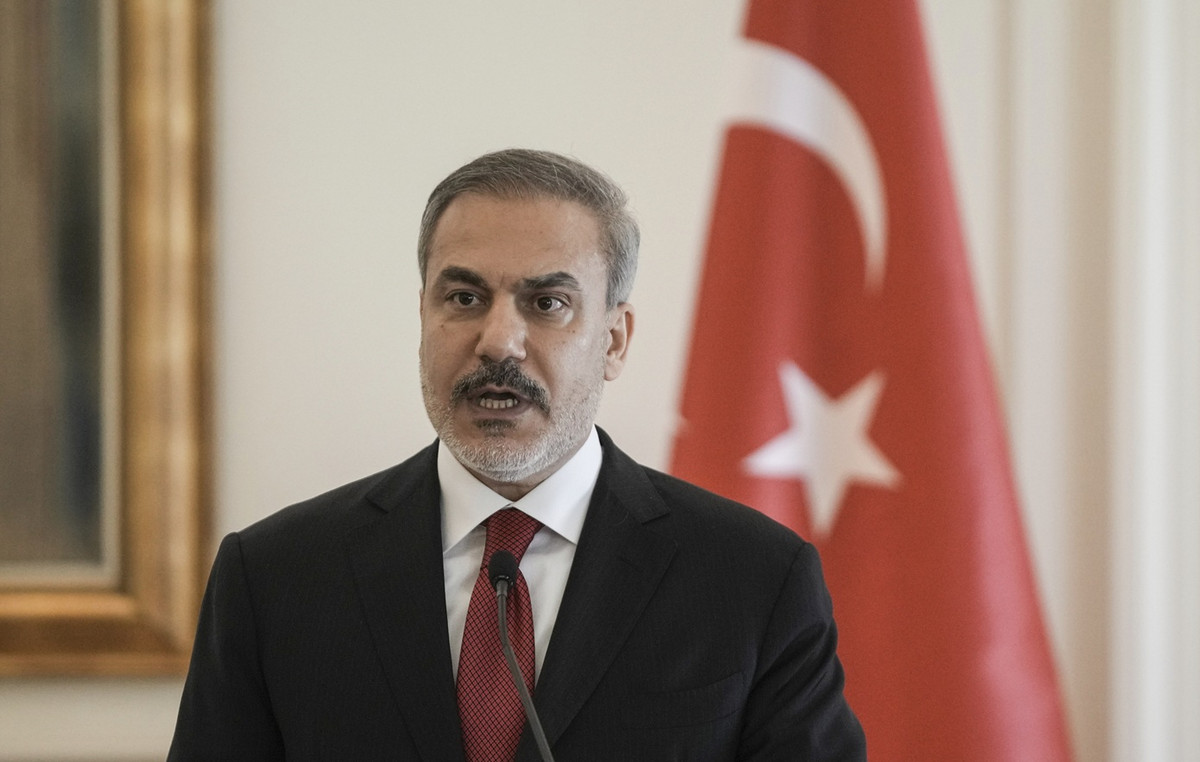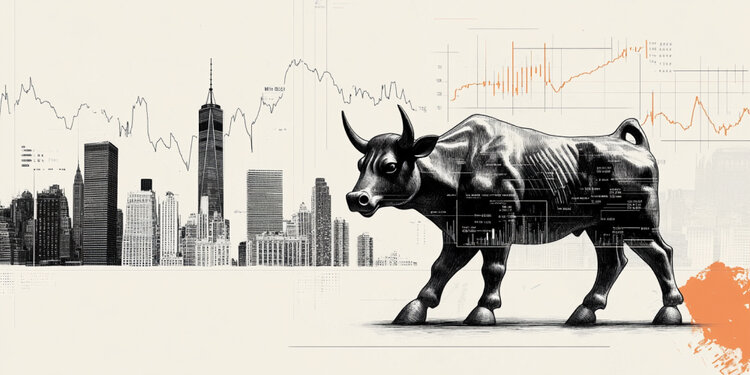The markets operate this Thursday (24) with an eye on the passage of US President Joe Biden through Europe, and the dollar hitting R$ 4.80 in Brazil.
Starting abroad, US futures indexes rose this morning, recovering part of Wednesday’s losses (23). However, the climate of caution remains, especially with fears about the use of chemical weapons in the Ukrainian war.
NATO (North Atlantic Treaty Organization) has said it will send more battle groups to defense lines in Eastern Europe and has promised to help Ukraine if Russia decides to use weapons of mass destruction. The NATO secretary general said that “any use of chemical weapons would totally change the nature of the conflict”.
This Thursday (24), attention is focused on the meeting of the European Council, with the participation of the US president. In the event, new economic sanctions against Russia are expected to be announced.
The European Union has said it intends to tighten sanctions, but the measures should not include an oil embargo, given the energy dependence Europeans have on Russia. According to Bloomberg, Europe and the United States are close to an agreement to seek alternative sources and reduce this dependence.
Russian President Vladimir Putin has demanded that what he called “hostile nations” pay for Russian gas in rubles, to leverage the energy market in their favor. The move led to an appreciation of the ruble against the dollar and the rise of oil, which closed above US$ 120. Oil is an asset sought by investors to maintain purchasing power when the dollar falls.
In Europe, stocks rise, following the global recovery movement and boosted by PMIS, activity indices. The Russian stock market partially reopened after almost a month closed and opened up 8%. Meanwhile, in Asia, the indexes closed lower, reflecting the low of Wednesday (23).
Brazilian economy
In Brazil, rising commodities and high interest rates continue to attract foreign investment. In March alone, the balance of foreign investment is positive by almost R$ 21 billion and, in the year, by more than R$ 83 billion.
Rising oil helped bring even more dollars into the country as investors sought commodities. With this, the currency closed at R$ 4.84, reaching the lowest since March 2020, at the beginning of the pandemic.
Experts believe there is more room for a downturn as tension in Ukraine keeps commodities flowing.
The quarterly inflation report came out this Thursday (24). The Central Bank maintained its growth forecast of 1% in 2022, and released two scenarios for inflation.
The first predicts oil above $118 by 2023, with inflation reaching 7.1% this year and 3.4% next year. The other, more likely scenario, predicts that oil will stay at $100 in 2022, so inflation would be 6.3% this year and 3.1% in 2023.
In both cases, inflation is above target this year. In the first, there is a 97% chance of overflowing the goal, and in the second, 88%.
agenda of the day
This Thursday (24), at 3 pm, public debt data will be released and the meeting of the National Monetary Council will take place. At 9:30 am, the weekly unemployment insurance claims occur.
Source: CNN Brasil







